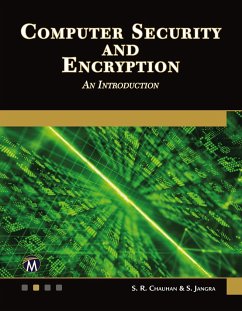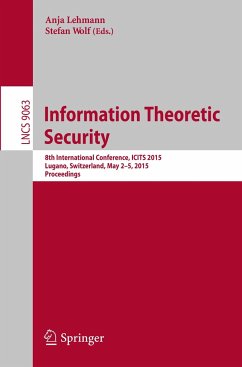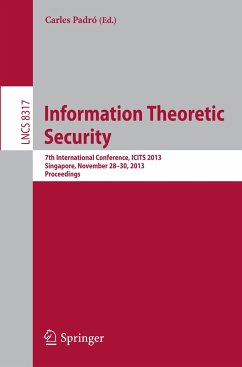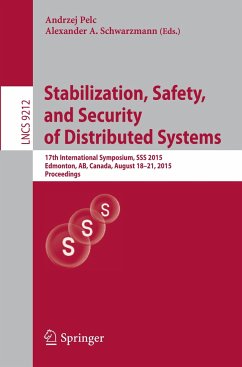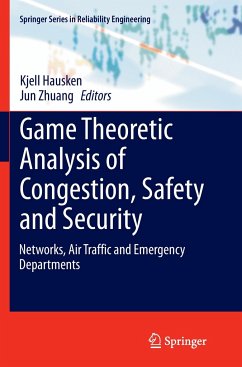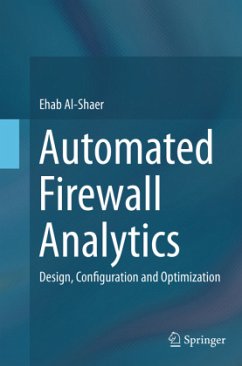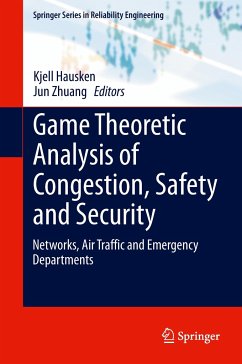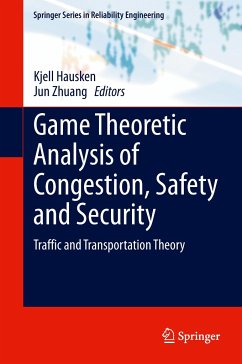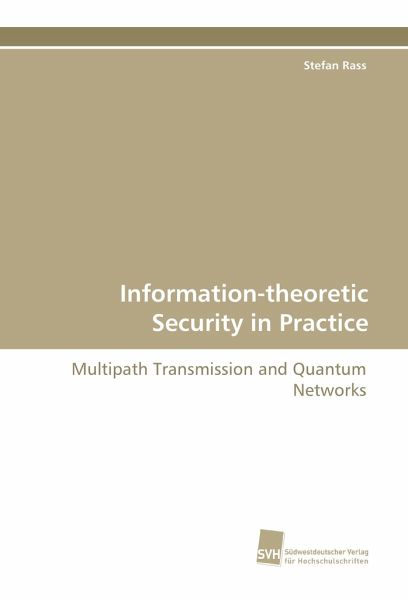
Information-theoretic Security in Practice
Multipath Transmission and Quantum Networks
Versandkostenfrei!
Versandfertig in 6-10 Tagen
53,99 €
inkl. MwSt.

PAYBACK Punkte
27 °P sammeln!
Information-theoretic secrecy is the strongest known security notion. Despite perfect secrecy being theoretically well-understood, one faces substantial practical difficulties when attempting to build communication systems providing this highest level of security. We consider two major approaches to perfectly secure communication: multipath transmission and quantum key distribution. The latter has seen a promising evolution over the last decades, culminating in the recent presentations of the world's first real-life quantum networks. This book advocates a combination of the two techniques in o...
Information-theoretic secrecy is the strongest known security notion. Despite perfect secrecy being theoretically well-understood, one faces substantial practical difficulties when attempting to build communication systems providing this highest level of security. We consider two major approaches to perfectly secure communication: multipath transmission and quantum key distribution. The latter has seen a promising evolution over the last decades, culminating in the recent presentations of the world's first real-life quantum networks. This book advocates a combination of the two techniques in order to complement each other and to overcome existing limitations in both worlds. Getting started with a graph-theoretic groundwork for multipath transmission networks, we continue by deriving results about multipath channel coding and interactive error correction. Based on game-theory, we introduce a general quantitative security valuation enjoying broad applicability. For a given network,the security measure indicates the quality of protection as well as it permits security infrastructure optimization. Both topics receive attention in dedicated chapters.



